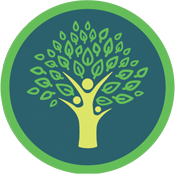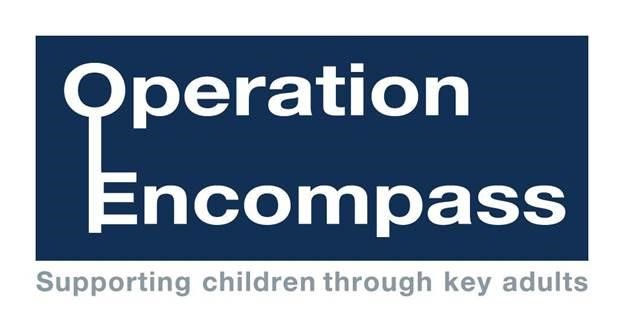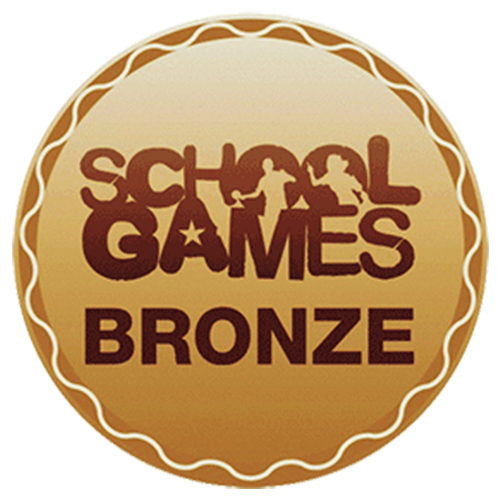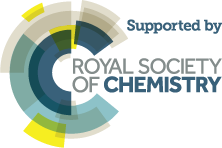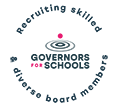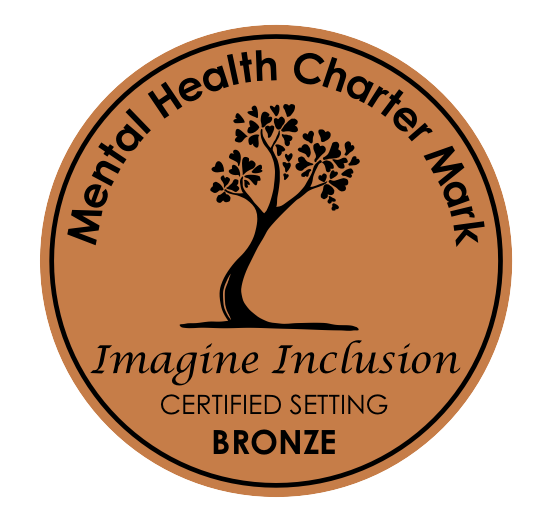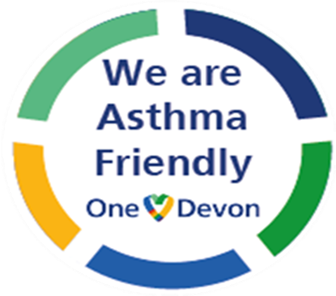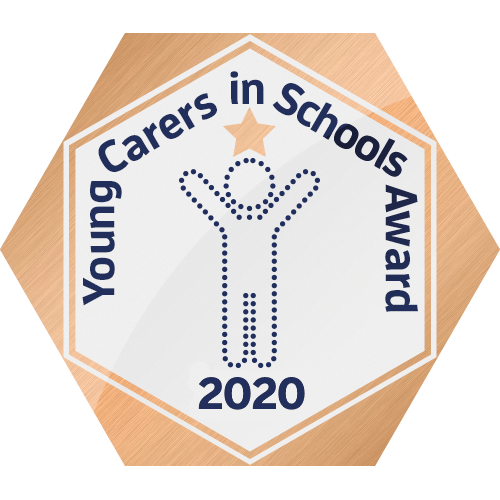Maths - Year 3 and 4
Welcome to the Year 3/4 section. This page is for maths information relating specifically to this age range.
What will my child be learning?
By the end of Year 3/4, your child is expected to be:
- Using and understanding numbers up to 1000 and then beyond 1000
- Counting up in multiples of 10, 25, 50 100 and 1000
- Using negative, as well as positive, numbers
- Adding, subtracting, multiplying and dividing mentally and using formal written calculation methods
- Remembering times tables up to 12 x 12
- Solving maths problems
- Exploring fractions and decimals
- Analysing and comparing a range of 2D and 3D shapes and their properties
- Telling the time accurately, including using Roman numerals, and calculating with time
- Calculating with measurements, including calculating perimeter and area
- Converting measurements (e.g. from centimetres to metres)
- Interpreting and presenting data using pictograms, tables and bar graphs.
How is my child taught?
In Key Stage 2, children have daily one hour maths inputs with a teacher. Maths is no longer about the teacher talking for a while and then the children following this up with an activity in their books. We want the children to actively participate in lessons with questions, suggestions, curiosity and creativity. Discussion and wondering are encouraged as much in maths as in any other lesson. This means that lessons are usually a mixture of teacher and child led discussion (more child led than teacher), experimenting and representing concepts with resources and recording in books.
At Laira Green we use something called AET as guidance for our planning and for progression of maths over the year. It’s a fantastic resource which fully supports our maths ethos of talking, showing, representing, solving problems and reasoning.
How is my child assessed in maths?
From Year 3 onwards, children complete weekly times tables tests. New to this year, Year 4 children will take part in a national times table screening test in the Summer term, similar to the Year 1 phonics screening.
Every half term, children complete a maths test called STAR maths which they do on a chromebook. STAR maths is a clever, computer-adaptive tool which adjusts the questioning according to the child’s individual responses and so it is always tailored to the individual. By Key Stage 2, children are so used to doing this that they can access it entirely independently. However, they are still allowed to take a break and come back to it another time if necessary. The information from STAR maths is used alongside teacher judgement to form a secure assessment of where each child is at the end of each term (roughly every 12 weeks). As well as this, teachers in each year group devise a paper with a few questions relating to the topics that have been covered in maths that term. Usually the information provided by the results of this paper and STAR maths confirm what the teacher already knows about your child, but having further documentation helps the teacher to triangulate their evidence and ensure that their judgement is as secure as possible. In having a really good idea about where your child is with their learning, we are able to provide them with the next steps most relevant to their particular needs.
In the Summer term, Year 3 and 4 children will take part in an optional SATs paper called Merit. Again, the results of these papers help to support teacher judgement.
How can I help my child at home?
You should have received a handy booklet all about maths at Laira Green and how you can help your child with regards to the four operations. If you didn’t, please click here to download it : Yr3/4 Maths Booklet
Further ideas include:
Maths in everyday activities:
- When shopping, help your children calculate change or buy-one-get-one-free offers or when items are reduced.
- Count everything, but count in multiples of 10, 25, 50, 100 or 1000.
- When watching a football game or playing on the Xbox, talk about what players’ statistics mean and help them take notice of their own gaming statistics.
- Encourage your child to wear a watch and to check the time their favourite TV programme comes on and work out what time it finishes. Show them the time on the clock when it is their bedtime or time to get ready for school.
Play maths games:
- Games like Yahtzee, Monopoly, Uno and traditional and card games like Pontoon all rely on skills necessary for maths, such as counting, categorising, and estimating.
- Playing with Lego, K’nex and assembling jigsaw puzzles can help children learn spatial skills and recognise patterns.
Have a look at the links below and find a game to play with your child on a tablet or computer:
https://www.topmarks.co.uk/maths-games/7-11-years/ordering-and-sequencing-numbers A host of games to play on all areas of maths
https://www.bbc.com/education/subjects/z826n39 BBC Bitesize Key Stage 2 - information and games on EVERY topic from the maths curriculum
https://mathsframe.co.uk/ Lots of games, designed specifically for KS2
https://play.ttrockstars.com/auth/school/student Times Table Rockstars (TTRS) to practice times tables. Your child has their own log in, ask the class teacher if they need reminding of it.

